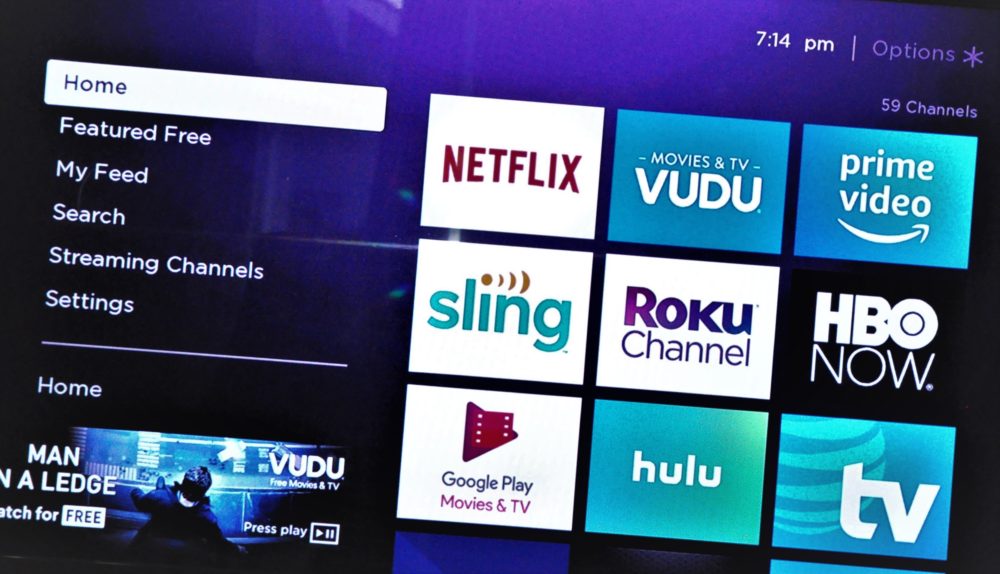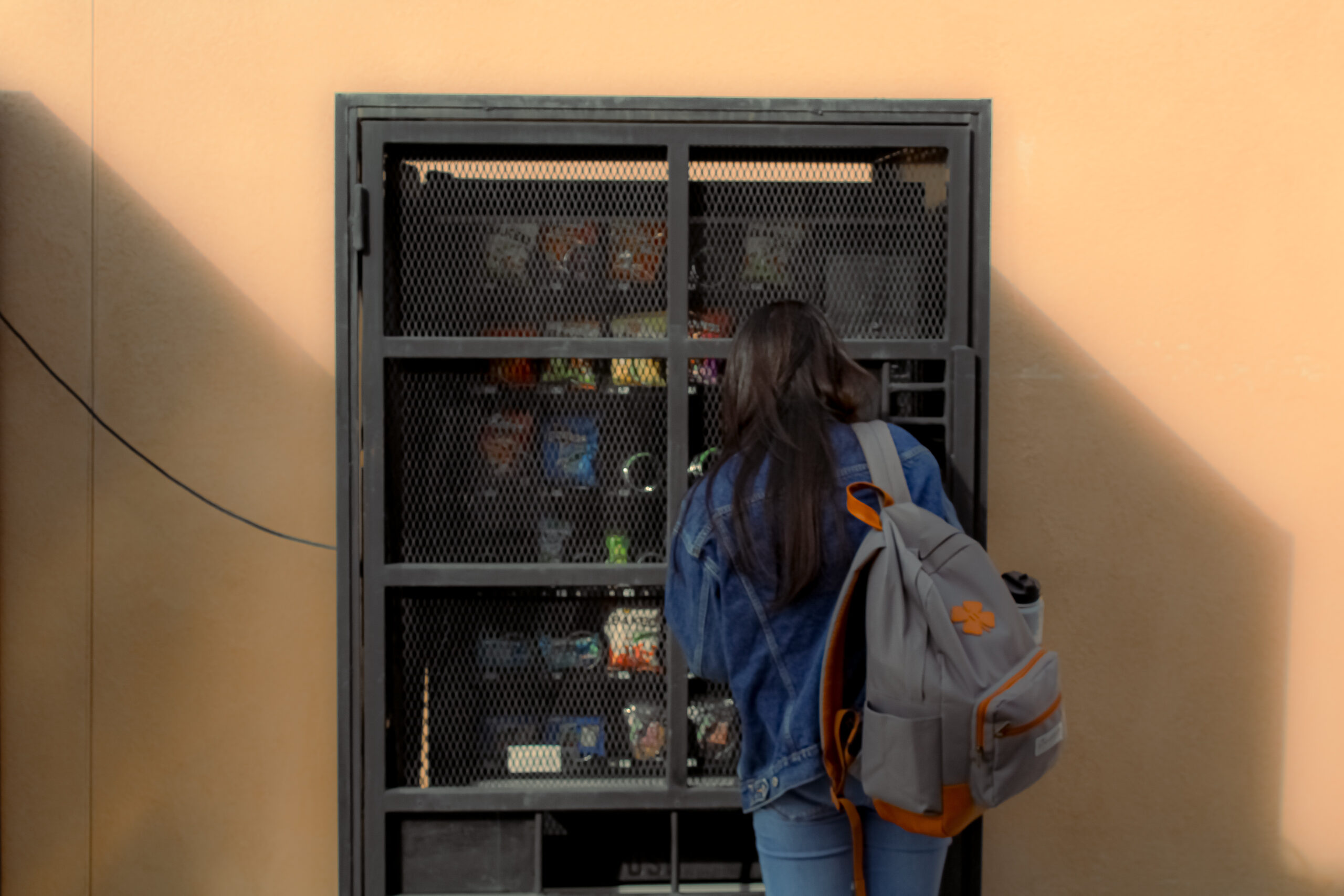
By Hien Bui and Britney Tran, Staff Writers
We live in an age of online streaming. Television and movies, once exclusive to theaters and our living room screens, are now just about everywhere at any given time. It has never been easier or more popular to have entertainment on demand and literally in the palm of your hand.
The question is which streaming service to choose and Netflix stands as the undisputed top of the industry, influencing content consumption and popular culture in a way its rivals have yet to overtake.
Netflix, Hulu and Amazon Prime Video are the three top streaming services in North America. While each of these services hosts enough shows and movies to last a lifetime, that doesn’t mean all the content appeals to every individual. Some shows are only offered on certain platforms or, in the case of the companies making original content, only viewable on the streaming service paying for its creation. Content varies between platforms, but the common objective is to gain an audience that continues paying the monthly subscription fee.
Supplying people with entertainment content is a lucrative business, thus competition is fierce.
Netflix has captured the attention and the public audience in a way that outshines its competitors. Boasting award-winning Originals as well as titles from its many licensing deals, including CBS, ABC, Fox, NBC, and Dreamworks, the grip Netflix has on current, popular entertainment and cult classics are unrivaled. Of course, this is expected from a company that spends $13 billion annually in order to source out content.
However, there are limitations to the entertainment powerhouse’s service. Netflix owns the rights to many popular shows, but its subscribers are always a season behind on currently airing shows. Once a new season is about to air, Netflix releases all the episodes of the previous season at once.
Netflix’s business model of uploading entire seasons at once has lead to the “binge-watching” phenomenon, defined as serially watching multiple episodes of a show at one time. In this way, Netflix has redefined the way consumers view content, doing away with the cable television model of gradually releasing episodes.
On the other hand, Hulu follows a system similar to cable television where subscribers get new episodes as the network releases them. Working in junction with companies like Fox, Disney, and MTV, Hulu updates its library more frequently than its competitors’. Unlike Netflix that has a business model reminiscent of its beginnings as a Blockbuster alternative, Hulu “supplements cable television rather than replac[ing] it.”
While this might be a shortcoming on Netflix’s part, their original programming, one of their most appealing features, somewhat makes up for it. Netflix Originals drop whole seasons exclusively on the platform with no wait. Featuring smash hits like Stranger Things, Black Mirror and Thirteen Reasons Why among its extensive arsenal, the Originals are more than reason enough to choose Netflix.
Of course, it all boils down to what a customer is looking for in an online streaming platform. For example, Netflix doesn’t offer external perks like its competitor Amazon Prime Video, which works as an extension part of Amazon’s already established Prime membership. Yet, for everything it may lack, there are still many reasons to go with Netflix. From the lack of advertisements at all levels of subscription to the affordability of their monthly rate, it’s no wonder it stays undefeated as the top streaming platform in North America.
Entertainment on demand and on the go is something remarkable in itself and with more and more ways to watch, that will stick around. And while new innovations to the industry are inevitable, Netflix, which has redefined the industry and the way we consume media, will remain a juggernaut in this field.





